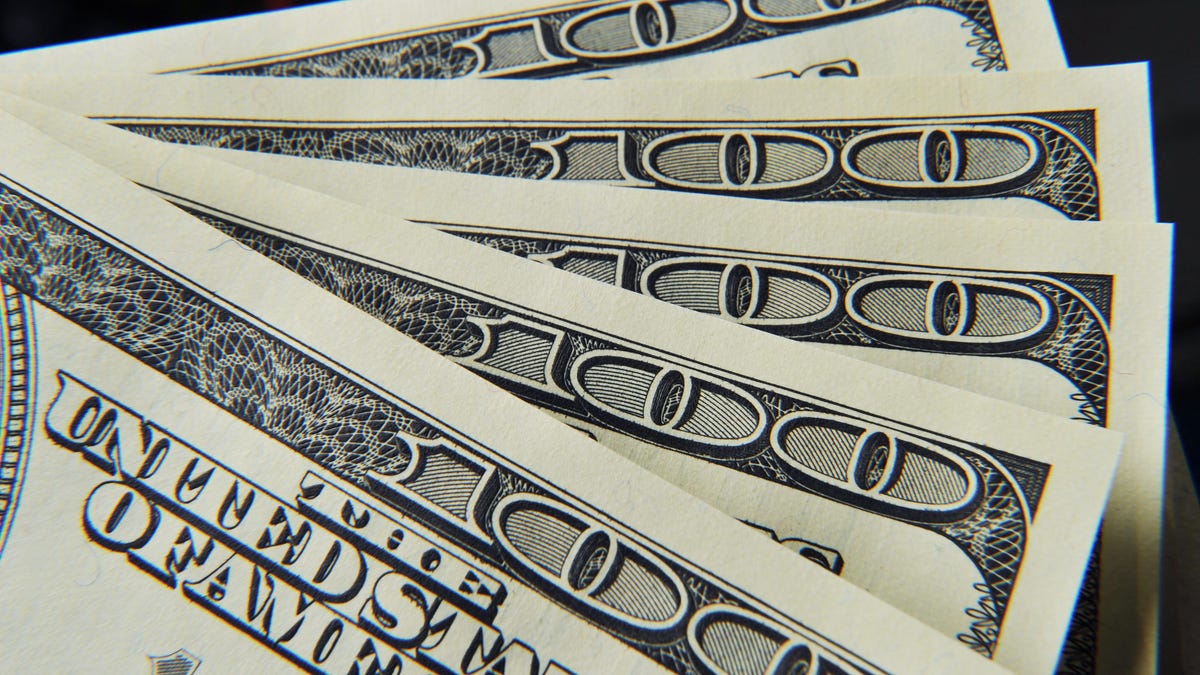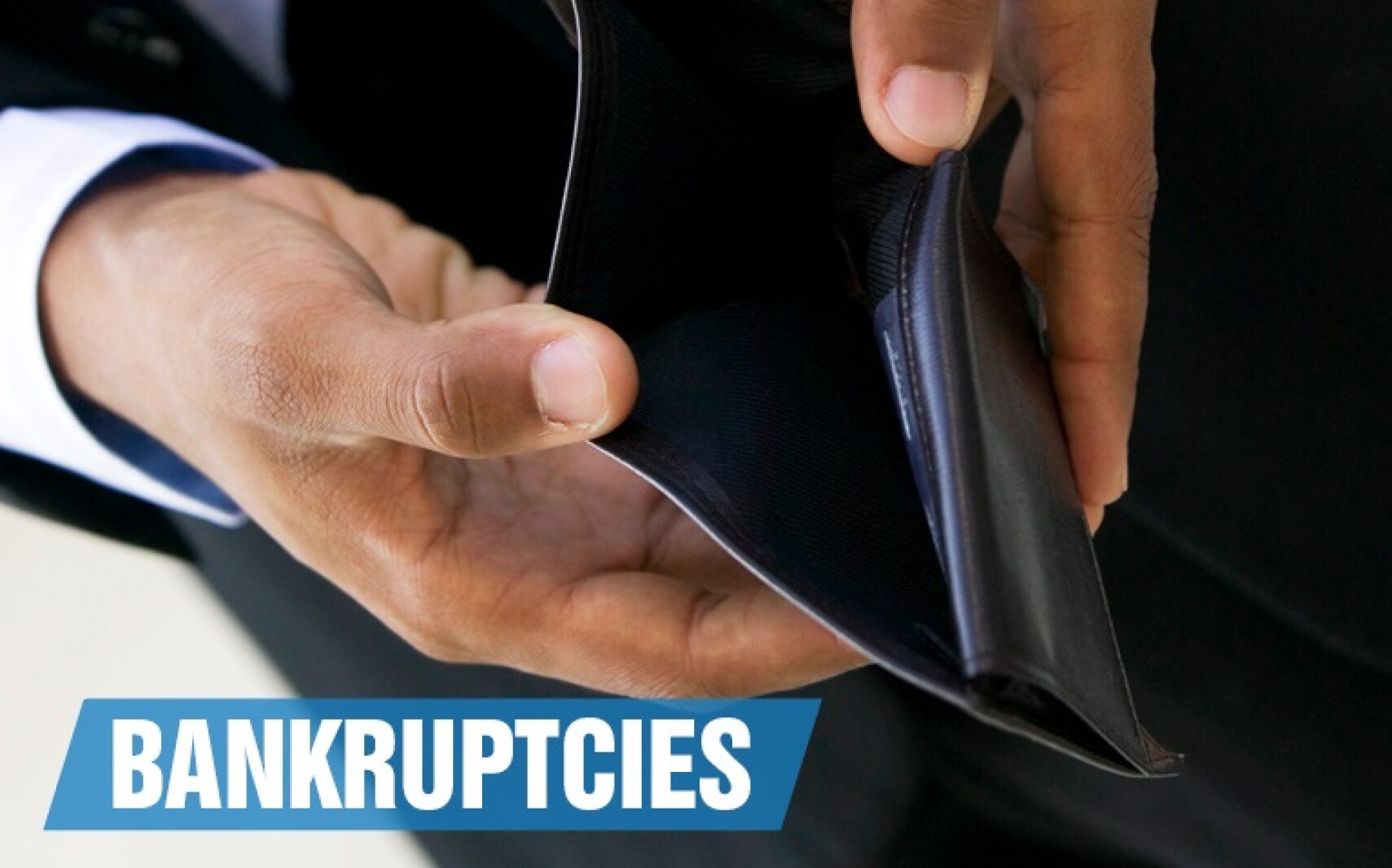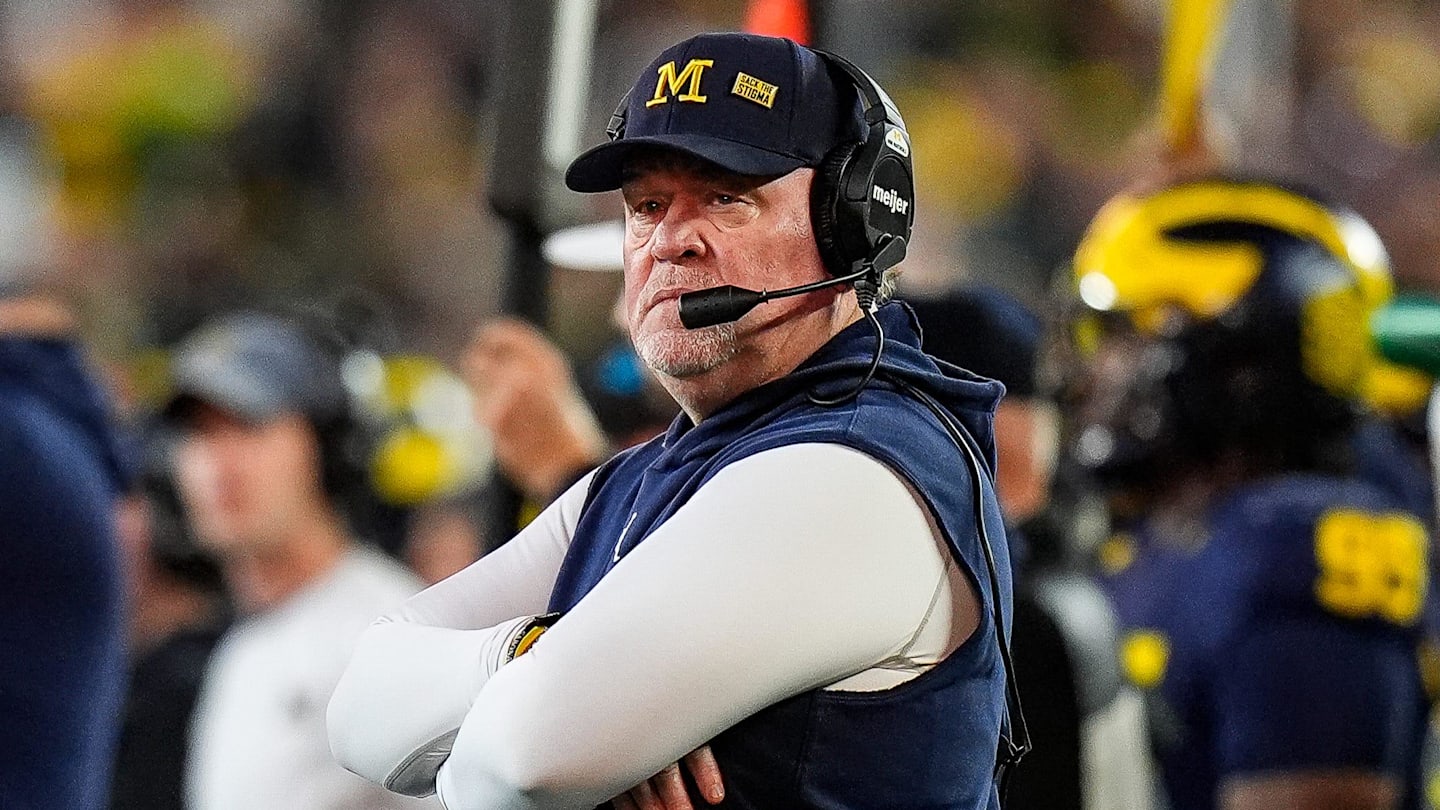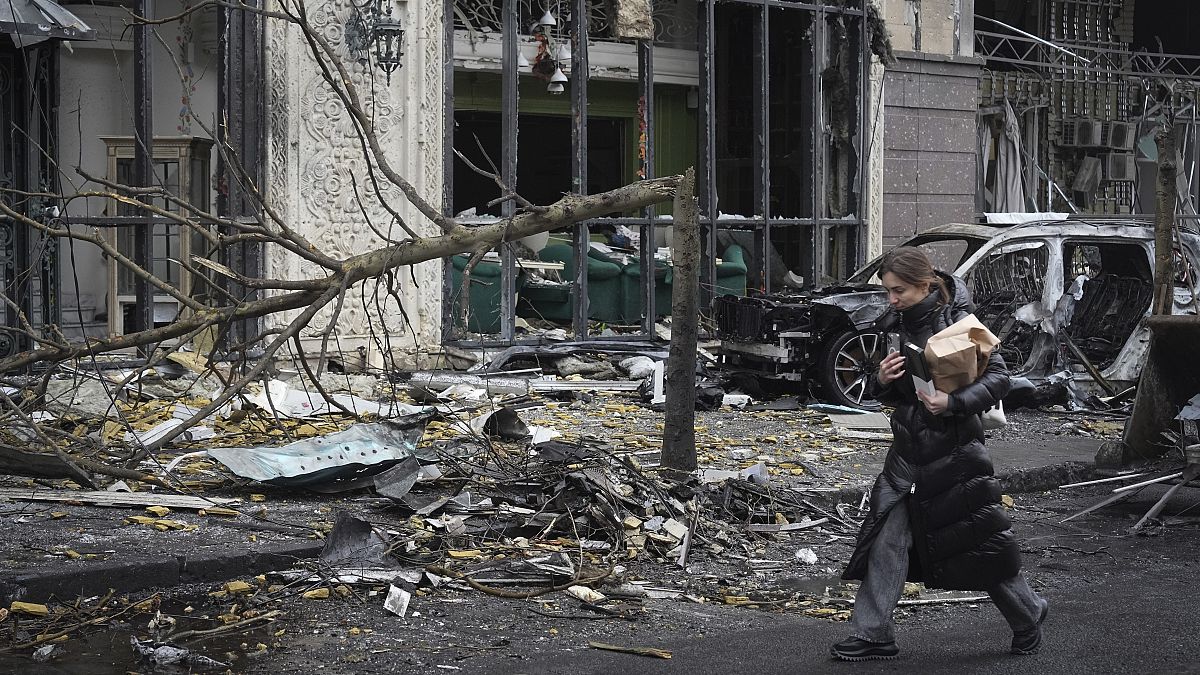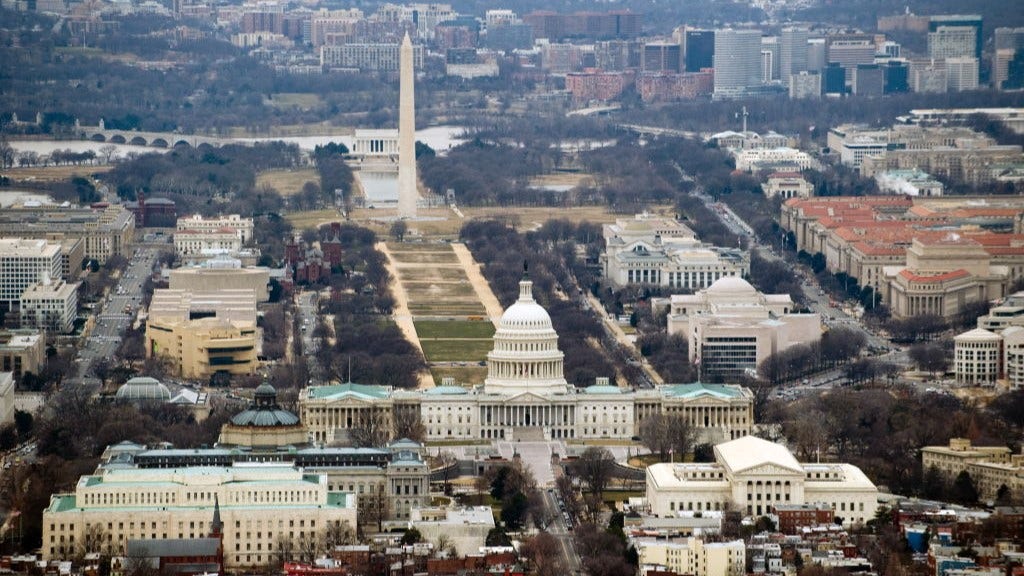Finance
Ignore This Bad Financial Advice That’s Everywhere Online
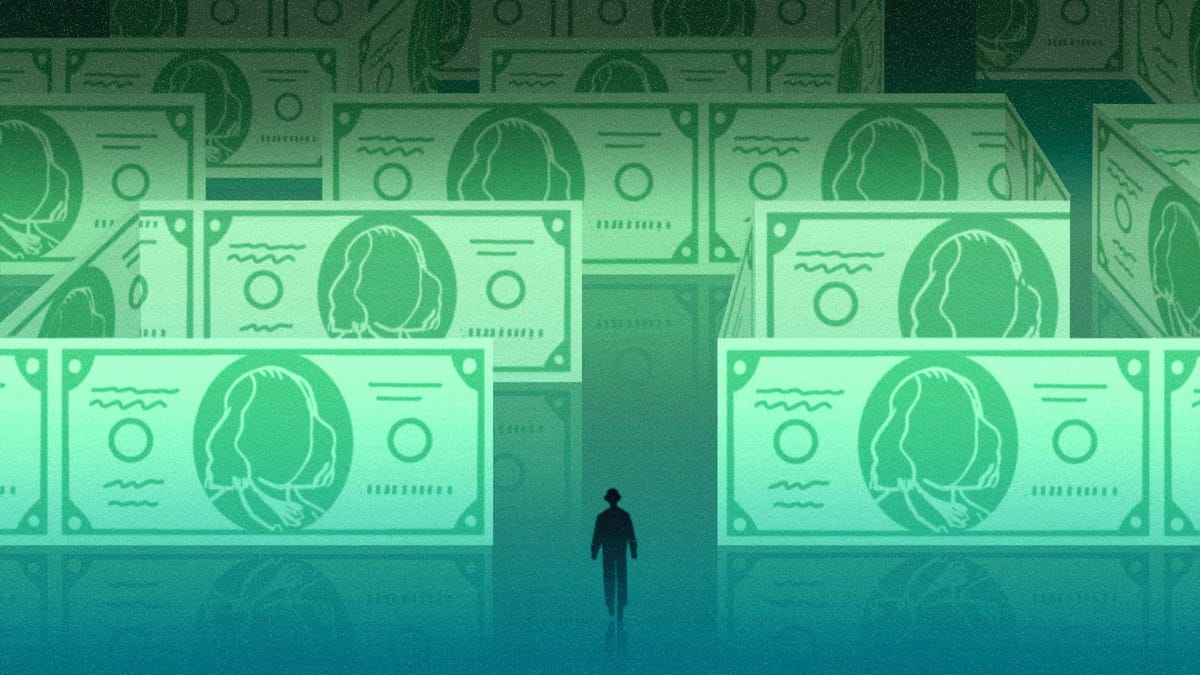
Here’s my two cents: The financial advice doled out by “experts” on TikTok or personal finance “gurus” on Instagram is always going to be a little shitty. Even if what they are telling you isn’t egregiously wrong or an attempt at scamming you, it’s probably oversimplified.
Then again, weighing any kind of generalized financial advice is tricky. If you’re not getting tips and tricks from influencers, you might be stuck following outdated lessons from your parents’ generation. Outside of hiring a professional financial advisor: Who and what can you trust?
Here’s some of the most pervasive financial advice that you’re better off ignoring, and what you should consider instead.
“All debt is bad.”
Debt is scary, but the idea that “all debt is bad” is an oversimplification. There is such a thing as good debt—the most obvious example being your credit history.
Using a credit card is the number one way to build your credit score, assuming you actually pay it off in full at the end of each month. You need to dabble in debt in order to rent an apartment, buy a car, take out a loan, or make pretty much any major financial move. If you have credit card anxiety as a result of the “all debt is bad” mentality, you can break free by using a credit card to make small, regular purchases without racking up a high balance.
Outside of building your credit score, you may need to take on debt for unforeseen circumstances. When this happens, the little voice in your head screaming “all debt is bad!” can send you into panic-mode, which is often a surefire way to make ill-advised financial decisions. Instead of avoiding debt altogether, go in with a plan—and if you’re already in debt, here’s our guide to getting organized and getting out of it.
“Skip your morning latte to save money.”
I will sing this from the rooftops, avocado toast in hand: Your morning coffee habit is not to blame for your debt. As we’ve previously covered, your small, daily purchases don’t affect long-term finances the way conventional wisdom often insists they do. On the contrary, the psychological boost of these small indulgences can give you a healthier approach to money, helping you make more sound financial decisions in the long run.
Think about it like this: Even if your morning routine costs you $35 a week, it’s not going to make the difference between long-term financial security and a life of chronic debt. It’s up to you to budget that $5 coffee after consciously deciding that it’s worth the comfort it brings you. It’s really about becoming a more conscientious spender.
“Buying a home is always better than renting.”
This may have been true for our parents and their white picket fences. These days, however, the decision to buy versus continuing to rent is far from one-size-fits all. The New York Times has a useful interactive calculator that considers all of the factors that go into whether your should rent or buy, like rental costs, mortgage rates, where you live, and how long you plan on living there. If homeownership is on your horizon, here’s what you need to know before buying a home.
“Don’t talk money.”
Many of us have internalized shame and discomfort when it comes to “money talk.” However, opening up conversations about money allows all of us to learn from each other’s mistakes and make more informed financial decisions. Starting off with trusted family and friends, consider aiming for increased transparency around other taboo money topics (like discussing how much money you make with friends and coworkers).
“Buy this cryptocurrency!”
Okay, this one is a little tongue-in-cheek. But it’s important to understand that crypto is inherently risky business, and anyone who insists on getting you to buy a specific cryptocurrency probably doesn’t have your best interests at heart.
You’re not crazy for erring on the side of caution with a relatively new, highly speculative investment. If someone in your life insists on arguing for crypto with you, here’s what you should say to get them to back off.
Questions to ask yourself before considering taking financial advice
Before you follow someone’s financial advice, ask yourself these three questions about the advice-giver.
- What are their credentials? There is no fiduciary standard to becoming a “guru.” Check for certifications qualifications like a CPA (certified public accountant) or RIA (registered investment adviser). If they were born into wealth and have a history of trying to be an influencer in one way or another, be skeptical of their tips and tricks.
- Is this too good to be true? Generally, avoid “get rich quick” investment advice. Because if it were actually true, why would this person be sharing it with millions of people? If you can’t run it buy a financial advisor, at the very least, do your own research before trusting an Instagram infographic touting an effective investment strategy.
- Is this person trying to sell you something? This is the most import thing to consider before taking someone’s financial advice. Be wary of buying certain products or stocks, especially when the person recommending them is a stranger on the other end of a TikTok account. At the end of the day, no stranger is looking out for your finances out of the goodness of their heart if they can make a buck buy selling you something.

Finance
Al-Ahly Mortgage Finance aims to grow portfolio to EGP 4bn by 2024-end – Dailynewsegypt

Hatem Amer, Managing Director of Al-Ahly Mortgage Finance, a subsidiary of the National Bank of Egypt (NBE), announced that the company aims to achieve exceptional growth in its financing portfolio, targeting a total of EGP 4bn by the end of 2024.
According to Amer, the company successfully issued over EGP 2bn in new mortgage finance in 2024. This was achieved through a variety of Programmes designed to finance residential, administrative, and commercial units, catering to the diverse needs of mortgage finance customers in Egypt.
He explained that these specialized Programmes were key to attracting new customer segments, including Egyptians working abroad, residents in Egypt with foreign income sources, and regional and multinational companies seeking to acquire administrative properties. These successes were driven by thorough studies of the real estate market and its evolving demands.
Al-Ahly Mortgage Finance was also recognized with the “Most Innovative Company in Egypt for 2024” award by International Business Magazine, a prestigious institution specializing in market analysis and financial sector evaluations.
Amer emphasized that this award is a reflection of the company’s leadership and position in Egypt’s mortgage finance sector, as well as its dedication to providing the best possible experience for its customers.
He further highlighted that the company achieved these results despite significant challenges in the Egyptian market, including ongoing fluctuations in exchange rates, high inflation, and rising real estate prices across various sectors. The company’s resilience, he said, was key to its success, enabling it to launch innovative solutions that addressed these challenges, with full support from NBE, the largest Egyptian bank.
Finance
Savings interest rates today, December 28, 2024 (best account provides 4.30% APY)
The Federal Reserve cut its target rate three times in late 2024, which means savings interest rates are falling. So it’s important to be sure you’re getting the best rate possible when shopping around for a savings account. The following is a breakdown of savings interest rates today and where to find the best offers.
The national average savings account rate stands at 0.42%, according to the FDIC. This might not seem like much, but consider that three years ago, it was just 0.06%.
Although the national average savings interest rate is fairly low compared to other types of accounts (such as CDs) and investments, the best savings rates on the market today are much higher. In fact, some of the top accounts are currently offering 4% APY and higher.
Today, the highest savings account rate available from our partners today is 4.30% APY. This rate is offered by BMO Alto and there is no minimum opening deposit required.
Here is a look at some of the best savings rates available today from our verified partners:
This embedded content is not available in your region.
Related: 10 best high-yield savings accounts today>>
The amount of interest you can earn from a savings account depends on the annual percentage rate (APY). This is a measure of your total earnings after one year when considering the base interest rate and how often interest compounds (savings account interest typically compounds daily).
Say you put $1,000 in a savings account at the average interest rate of 0.42% with daily compounding. At the end of one year, your balance would grow to $1,004.21 — your initial $1,000 deposit, plus just $4.21 in interest.
Now let’s say you choose a high-yield savings account that offers 4% APY instead. In this case, your balance would grow to $1,040.81 over the same period, which includes $40.81 in interest.
The more you deposit in a savings account, the more you stand to earn. If we took our same example of a high-yield savings account at 4% APY, but deposit $10,000, your total balance after one year would be $10,408.08, meaning you’d earn $408.08 in interest.
Read more: What is a good savings account rate?
This embedded content is not available in your region.
Finance
Canadian foreign, finance ministers meet Trump's team on tariffs

Senior members of Canada’s cabinet held talks Friday with US President-elect Donald Trump’s nominees to lead the departments of commerce and the interior, as Ottawa works to hold off the threat of punishing tariffs.
Canada’s newly-appointed Finance Minister Dominic Leblanc and Foreign Minister Melanie Joly met with Howard Lutnick, Trump’s commerce secretary nominee, who will also lead the country’s tariff and trade agenda.
Interior secretary nominee Doug Burgum was also at the meeting held at Trump’s Mar-a-Lago estate in Florida.
Leblanc’s spokesman Jean-Sebastien Comeau, who confirmed the participants, described the talks as “positive and productive.”
Trump has vowed to impose crippling 25-percent tariffs on all Canadian imports when he takes office next month.
He has said they will remain in place until Canada addresses the flow of undocumented migrants and the drug fentanyl into the United States.
Canadian Prime Minister Justin Trudeau has promised retaliatory measures should Trump follow through on his pledge, raising fears of a trade war.
Leblanc and Joly “outlined the measures in Canada’s Border Plan and reiterated the shared commitment to strengthen border security as well as combat the harm caused by fentanyl to save Canadian and American lives,” Comeau said in a statement.
Canada’s Border Plan — estimated to cost CAN$1 billion ($694 million) — was crafted as part of Ottawa’s response to Trump’s concerns.
Lutnick and Burgum “agreed to relay information to President Trump,” the statement said.
Trudeau is facing his worst political crisis since sweeping into office in 2015.
Leblanc was named finance minister earlier this month after the surprise resignation of Chrystia Freeland.
In a scathing resignation letter, Freeland accused Trudeau of prioritizing handouts to voters instead of preparing Canada’s finances for a possible trade war.
More than 75 percent of Canadian exports go to the United States and nearly two million Canadian jobs depend on trade.
bs/aha
-
/cdn.vox-cdn.com/uploads/chorus_asset/file/24924653/236780_Google_AntiTrust_Trial_Custom_Art_CVirginia__0003_1.png)
/cdn.vox-cdn.com/uploads/chorus_asset/file/24924653/236780_Google_AntiTrust_Trial_Custom_Art_CVirginia__0003_1.png) Technology1 week ago
Technology1 week agoGoogle’s counteroffer to the government trying to break it up is unbundling Android apps
-

 News1 week ago
News1 week agoNovo Nordisk shares tumble as weight-loss drug trial data disappoints
-

 Politics1 week ago
Politics1 week agoIllegal immigrant sexually abused child in the U.S. after being removed from the country five times
-

 Entertainment1 week ago
Entertainment1 week ago'It's a little holiday gift': Inside the Weeknd's free Santa Monica show for his biggest fans
-

 Lifestyle1 week ago
Lifestyle1 week agoThink you can't dance? Get up and try these tips in our comic. We dare you!
-
/cdn.vox-cdn.com/uploads/chorus_asset/file/25672934/Metaphor_Key_Art_Horizontal.png)
/cdn.vox-cdn.com/uploads/chorus_asset/file/25672934/Metaphor_Key_Art_Horizontal.png) Technology4 days ago
Technology4 days agoThere’s a reason Metaphor: ReFantanzio’s battle music sounds as cool as it does
-

 News5 days ago
News5 days agoFrance’s new premier selects Eric Lombard as finance minister
-

 Business3 days ago
Business3 days agoOn a quest for global domination, Chinese EV makers are upending Thailand's auto industry


